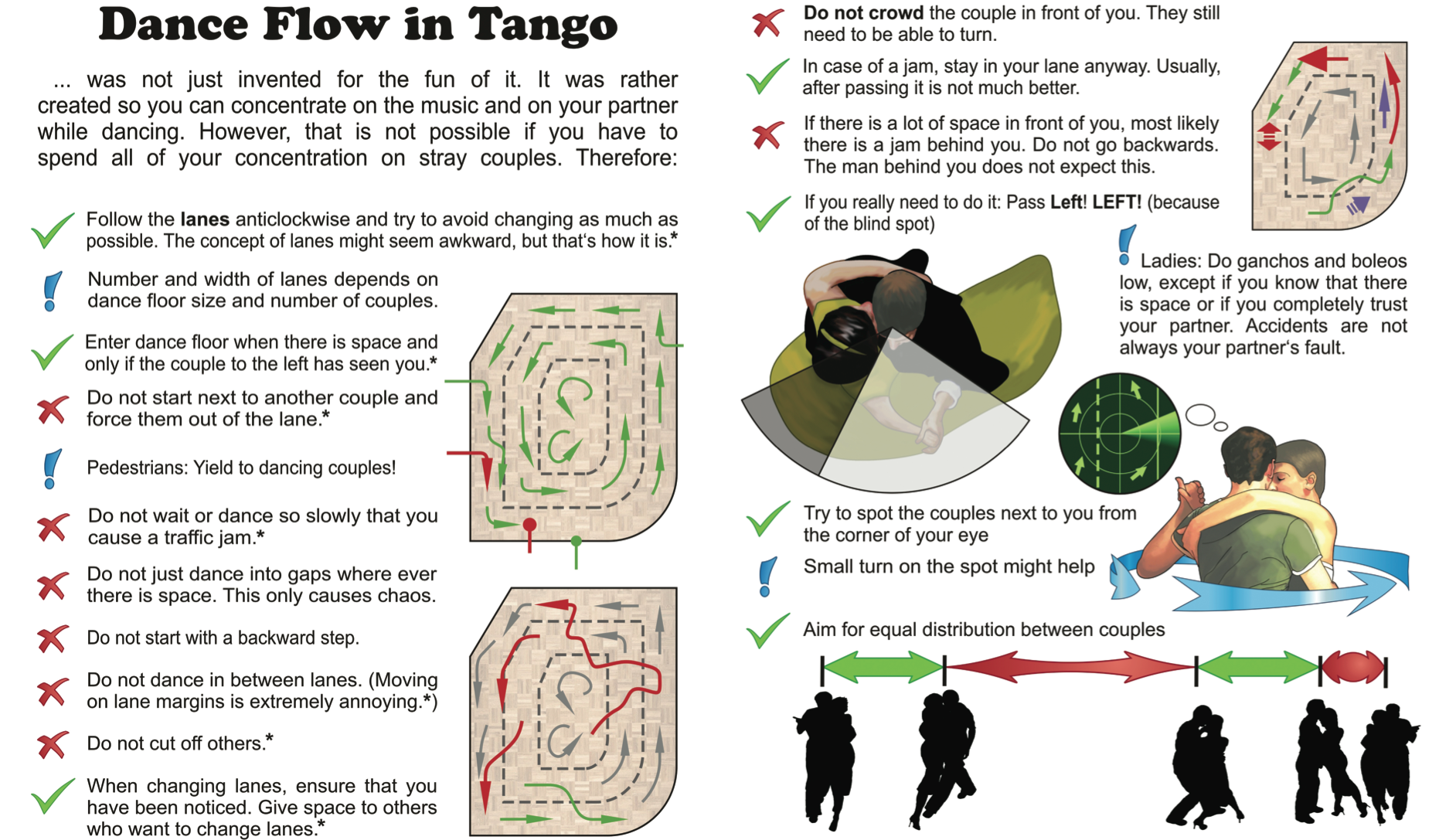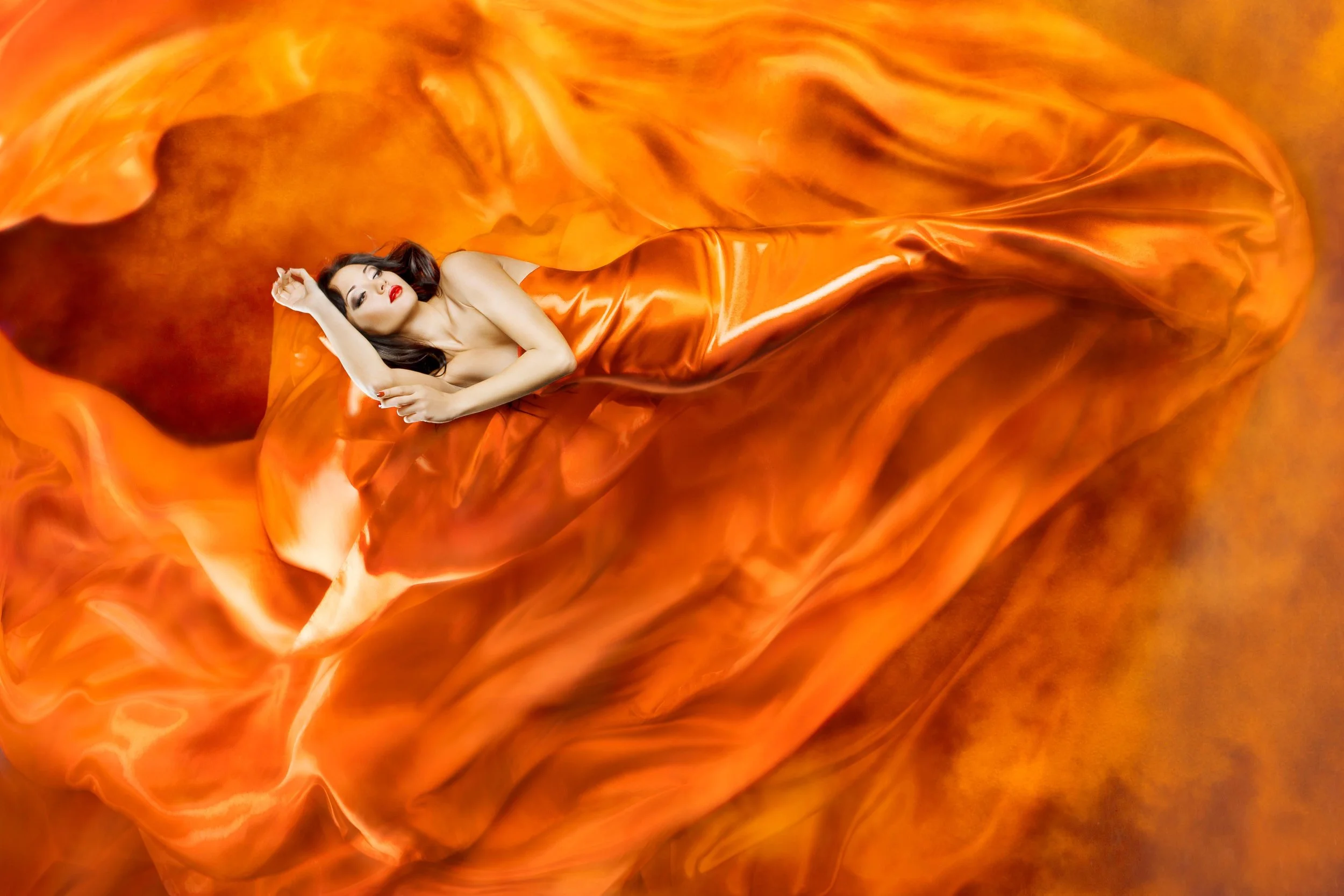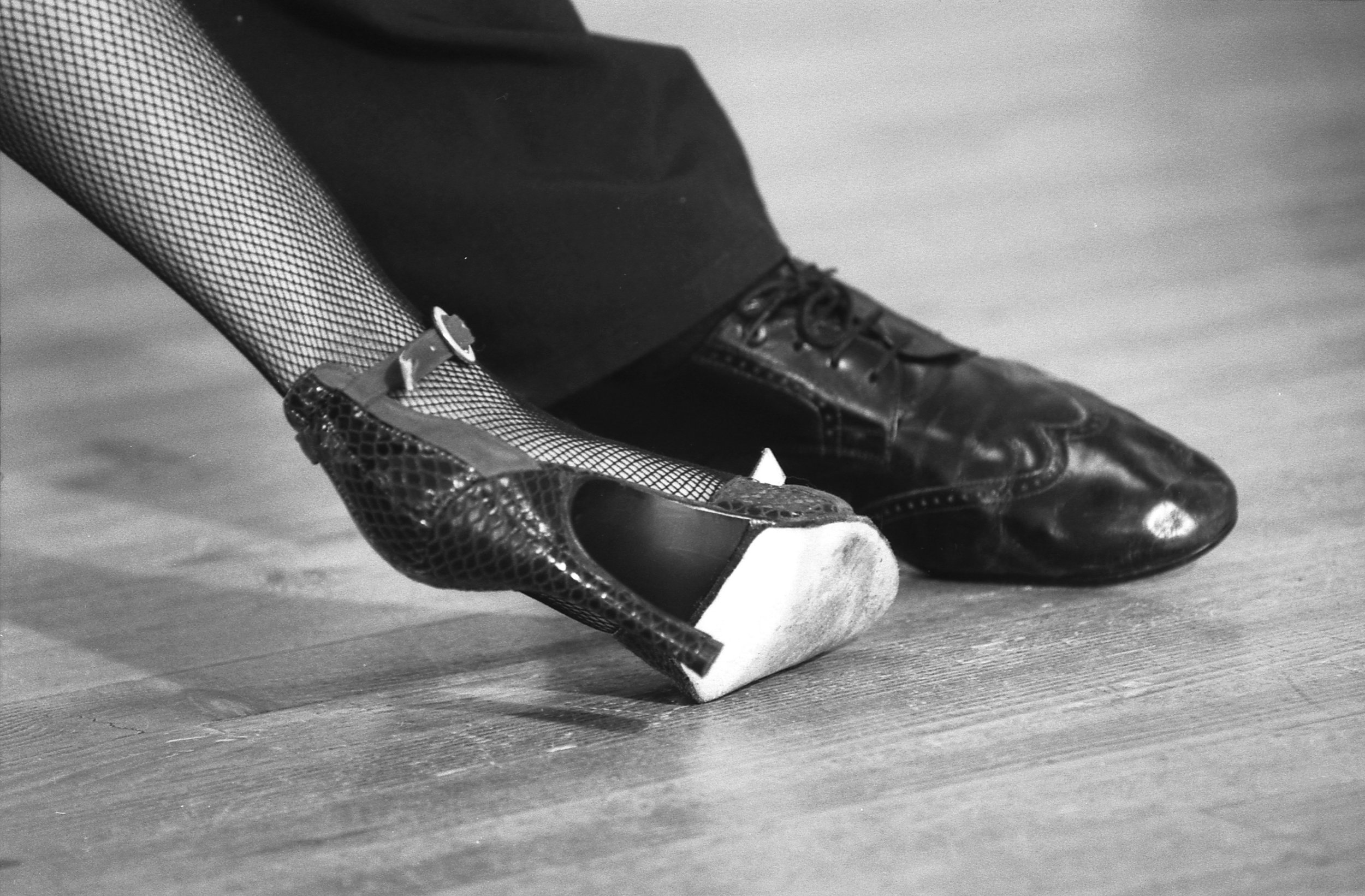The tango dance is famous all over the globe because of its passionate charm and playful dynamics. Nevertheless, the rise of this iconic partner dance would not be possible without matching tango music. This form of music is typically played with gusto by a tango orchestra.
People need to understand tango music to comprehend how the dance has made a major impact in cultural and artistic ways throughout its rich history that spans different countries.
Read on to learn what tango music is and what its history is. Find out what a tango orchestra is and which musical instruments are typically played by this ensemble. Get to know some of the most popular modern orchestras in the tango world that you need to hear.
Read More



















